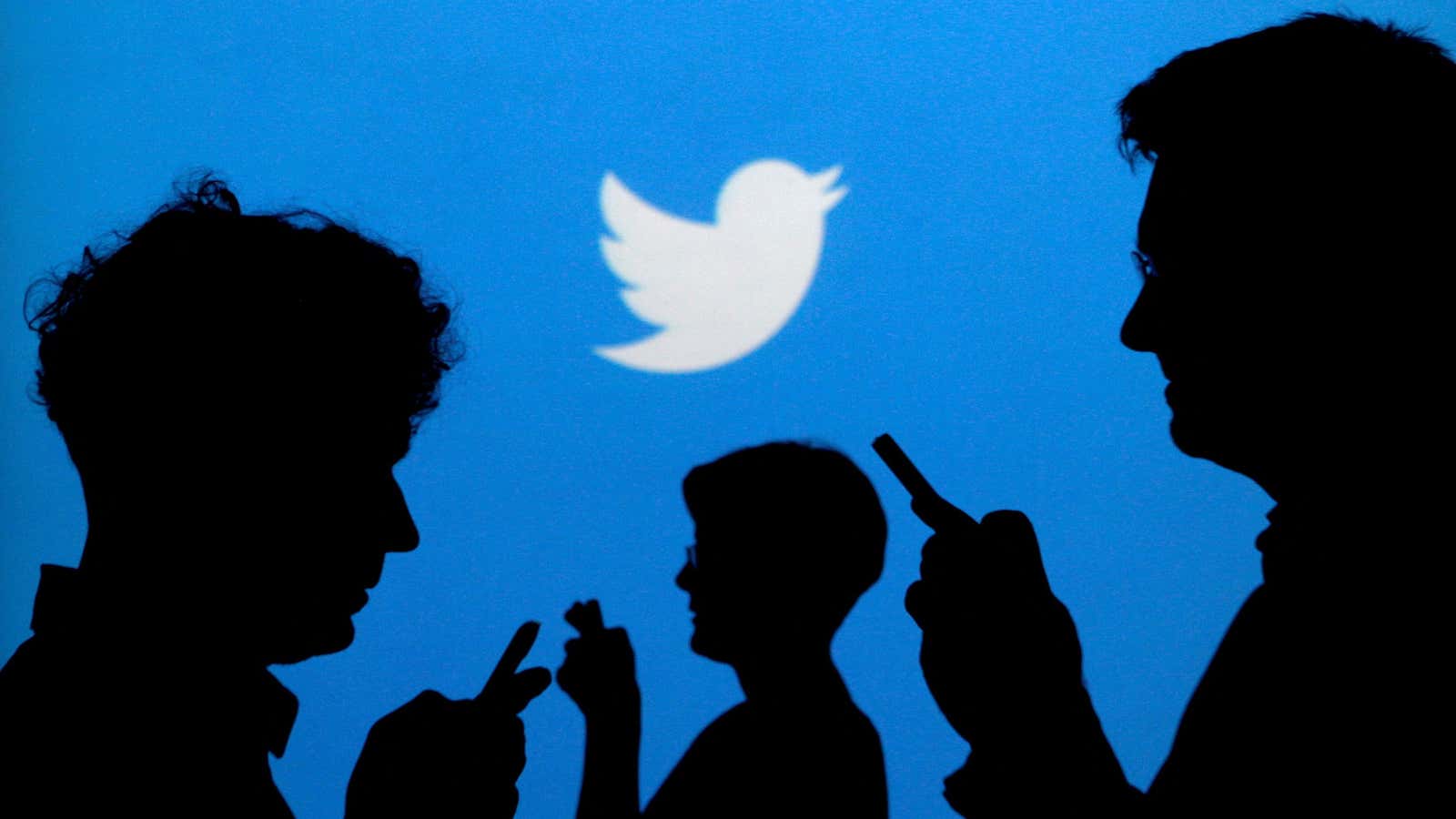Elon Musk’s Twitter takeover bid hasn’t immediately helped its stock price, but it has kicked off a passionate debate about the fate of the company. One of the sharpest comments came from Fred Wilson, a venture capitalist who was one of the earliest investors in Twitter in 2007, roughly a year after it was formed.
“Twitter is too important to be owned and controlled by a single person,” wrote Wilson following Musk’s acquisition bid today. “The opposite should be happening. Twitter should be decentralized as a protocol that powers an ecosystem of communication products and services.”
Although Wilson doesn’t explicitly call for Twitter to be governed as a decentralized autonomous organization (DAO), his current portfolio is heavily invested in blockchain projects involving DAOs, NFTs, and cryptocurrency exchanges. If Twitter became decentralized, the dynamic could result in a somewhat less opaque moderation process on the platform.
Musk claims that his bid is partially motivated by a desire to foster free speech, but his critics point out that his approach to running Tesla and SpaceX isn’t particularly supportive of free speech.
A privately owned, decentralized Twitter would be a massive shift in direction
Given Musk’s tight control of Tesla and SpaceX, it’s unlikely that Twitter would become a DAO, even though he is an outspoken supporter of the blockchain community. Nevertheless, if Twitter did move in the direction Wilson hopes, the knock-on effects could be unpredictable.
Would a freer, more open Twitter accelerate trolling, harassment, and the proliferation of bot accounts on the service? Would that lead to an exodus from the platform to something more regulated and tightly moderated? And if Twitter’s underlying framework were integrated into other communication products and services, as it was in its early years, would that help Twitter thrive, or fade into the background?
Contrary to Wilson, venture capitalist Marc Andreessen, the co-founder of early web browser Netscape, appears to support Musk’s bid, writing on Twitter, “Elon’s proposed takeover of Twitter is a profound threat to unfree speech.” Notably, Andreessen has also harnessed his cash to move the media needle in a Muskian fashion.
The future of Twitter isn’t in Elon’s hands, yet, but he may change its course
Hours after Musk announced his takeover bid, he appeared on stage at TED Talks and discussed the possibilities of a Musk-owned Twitter.
“I don’t care about the economics at all,” said Musk, with regard to whether the deal made business sense. He also continued to promote the idea of opening the platform to its community of users. “The [Twitter] code should be on GitHub,” said Musk.
But Musk’s “best and final” bid for about $43 billion will likely face a challenge from the company’s board, despite the offer being above Twitter’s valuation based on its current stock price of $45.
“I don’t believe that the proposed offer by Elon Musk comes close to the intrinsic value of Twitter given its growth prospects,” wrote prince Al-Waleed bin Talal, one of Twitter’s largest shareholders. “I reject this offer.”
